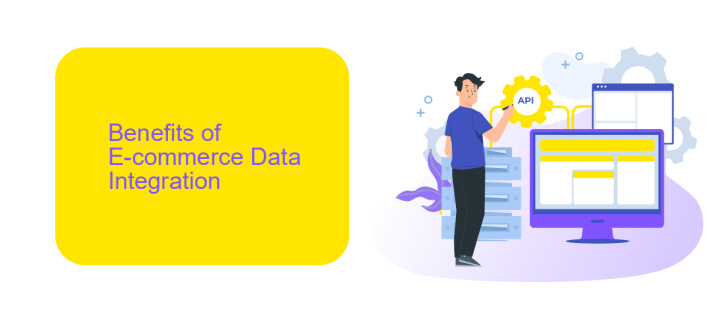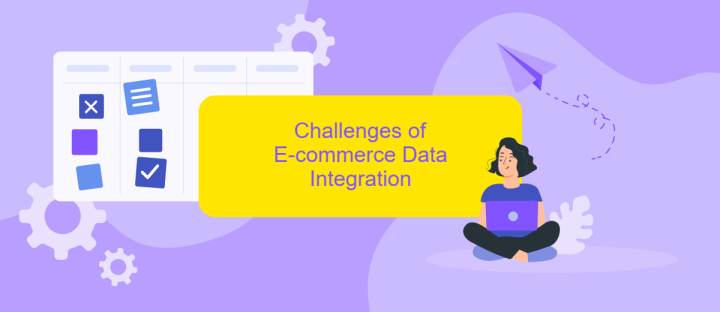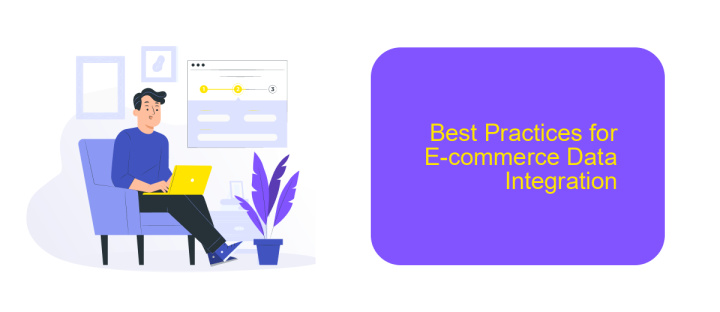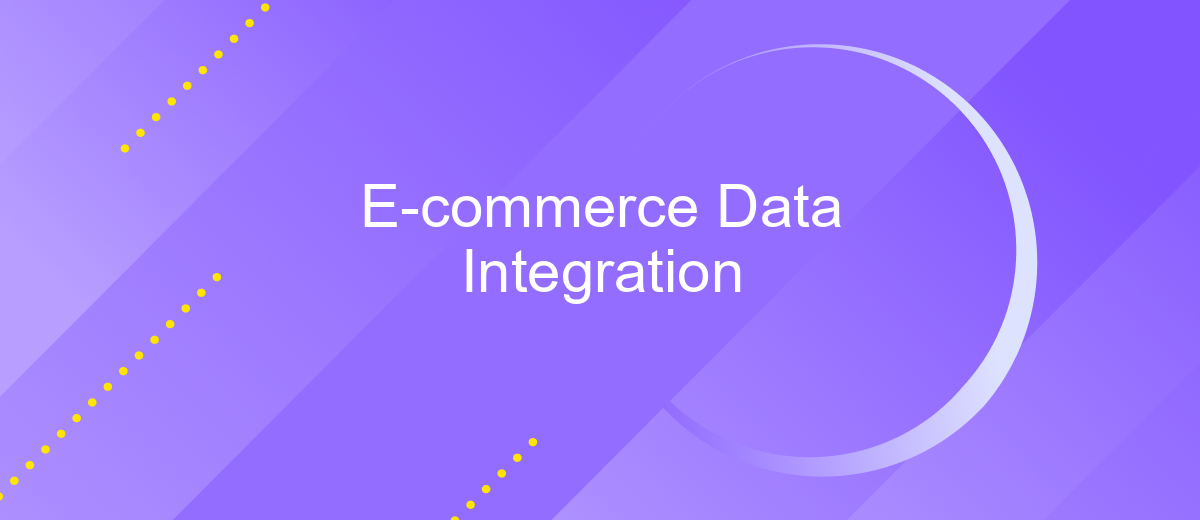E-commerce Data Integration
E-commerce data integration is a crucial component for modern businesses looking to streamline operations and enhance customer experiences. By consolidating data from various sources such as sales channels, inventory systems, and customer databases, companies can achieve a unified view of their operations. This integration not only boosts efficiency but also provides valuable insights for strategic decision-making and personalized marketing efforts.
Introduction to E-commerce Data Integration
E-commerce data integration is a crucial aspect of modern online business operations. It involves the seamless connection and synchronization of various data sources to ensure a unified and efficient workflow. This integration helps businesses manage their operations more effectively, improve customer experience, and make informed decisions based on comprehensive data insights.
- Automated data synchronization across platforms
- Improved accuracy and consistency of data
- Enhanced customer experience through personalized services
- Streamlined business processes and operations
One of the key tools for achieving efficient e-commerce data integration is ApiX-Drive. This service allows businesses to automate data transfer between different platforms without the need for complex coding. By using ApiX-Drive, companies can easily connect their e-commerce store with CRM systems, email marketing tools, and other essential applications, ensuring that data flows smoothly and accurately across all channels.
Benefits of E-commerce Data Integration

E-commerce data integration offers numerous benefits, enhancing operational efficiency and decision-making processes. By consolidating data from various sources such as sales platforms, inventory systems, and customer databases, businesses can achieve a unified view of their operations. This comprehensive perspective enables more accurate forecasting, streamlined inventory management, and improved customer service. Additionally, automation of data transfer reduces the risk of human error, ensuring that information is both accurate and up-to-date.
Integrating e-commerce data can also facilitate better marketing strategies by providing deeper insights into customer behavior and preferences. Tools like ApiX-Drive simplify the integration process by allowing seamless connections between different applications and platforms. This service automates data workflows, saving time and resources while ensuring that all systems are synchronized. As a result, businesses can focus more on growth and innovation, rather than being bogged down by technical complexities and manual data handling.
Challenges of E-commerce Data Integration

E-commerce data integration presents numerous challenges that businesses must navigate to ensure seamless operations. One of the primary issues is data inconsistency, which can arise from varying data formats and sources. This inconsistency can lead to errors in inventory management, order processing, and customer service.
- Data Inconsistency: Different data formats and sources can cause discrepancies.
- Scalability: As businesses grow, integrating larger volumes of data becomes complex.
- Security: Ensuring the safety of sensitive customer information is paramount.
- Real-time Processing: The need for real-time data updates adds an extra layer of complexity.
- Cost: Implementing and maintaining data integration solutions can be expensive.
To address these challenges, businesses can leverage tools like ApiX-Drive, which simplifies the integration process by connecting various applications and automating data transfer. This not only reduces errors but also enhances efficiency and scalability. By utilizing such services, e-commerce companies can focus more on their core operations while ensuring their data remains consistent and secure.
Best Practices for E-commerce Data Integration

Effective e-commerce data integration is crucial for seamless operations and enhanced customer experiences. To achieve this, businesses must adopt best practices that ensure data accuracy, consistency, and security across platforms.
One of the key steps in successful data integration is selecting the right tools and services. ApiX-Drive, for instance, offers a robust solution for automating data transfers between different e-commerce systems, reducing manual errors and saving time.
- Ensure data quality by regularly cleaning and validating data.
- Use standardized formats and protocols for data exchange.
- Implement strong security measures to protect sensitive information.
- Monitor and audit data integration processes to identify and resolve issues promptly.
By following these best practices and leveraging reliable tools like ApiX-Drive, businesses can streamline their e-commerce data integration processes. This not only improves operational efficiency but also enhances the overall customer experience, driving growth and success in the competitive e-commerce landscape.


Conclusion
In conclusion, the integration of e-commerce data is essential for businesses seeking to enhance operational efficiency, improve customer experiences, and drive revenue growth. By seamlessly connecting various data sources, companies can achieve a holistic view of their operations, enabling better decision-making and streamlined processes. Effective data integration allows for real-time insights, which are crucial for staying competitive in the fast-paced e-commerce landscape.
Services like ApiX-Drive play a pivotal role in simplifying the data integration process. By offering user-friendly tools and automated workflows, ApiX-Drive enables businesses to connect their e-commerce platforms with other essential systems effortlessly. This not only reduces the complexity and time required for manual data handling but also minimizes errors, ensuring data accuracy. As e-commerce continues to evolve, leveraging robust integration solutions will be key to maintaining agility and achieving sustained success.
FAQ
What is e-commerce data integration?
Why is e-commerce data integration important?
How can I automate e-commerce data integration?
What are the challenges of e-commerce data integration?
Can I integrate data from multiple e-commerce platforms?
Routine tasks take a lot of time from employees? Do they burn out, do not have enough working day for the main duties and important things? Do you understand that the only way out of this situation in modern realities is automation? Try Apix-Drive for free and make sure that the online connector in 5 minutes of setting up integration will remove a significant part of the routine from your life and free up time for you and your employees.

